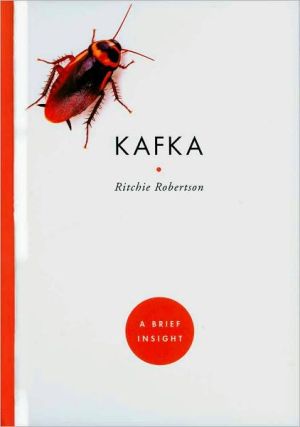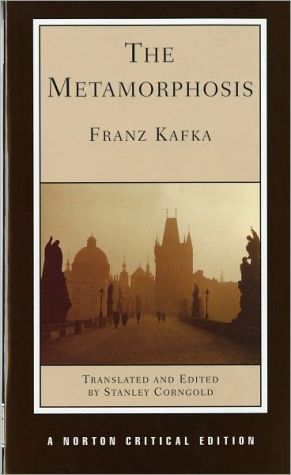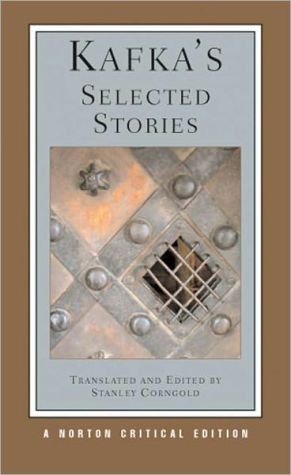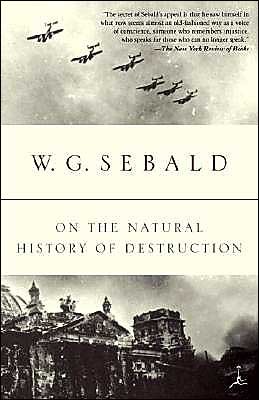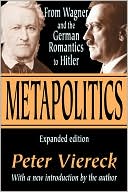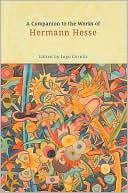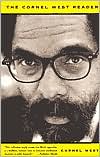Kafka
From a man who metamorphoses into an insect to a banker arrested on unspecified charges by a mysterious court, Franz Kafka’s fiction vividly evokes bizarre, almost surrealistic situations. Attending both to Kafka's crisis-ridden life and to the subtleties of his art, Ritchie Robertson shows how his work explores such characteristically modern themes as the place of the body in culture, the power of institutions over people, and the possibility of religion. The result is an accessible portrait...
Search in google:
From a man who metamorphoses into an insect to a banker arrested on unspecified charges by a mysterious court, Franz Kafka’s fiction vividly evokes bizarre, almost surrealistic situations. Attending both to Kafka's crisis-ridden life and to the subtleties of his art, Ritchie Robertson shows how his work explores such characteristically modern themes as the place of the body in culture, the power of institutions over people, and the possibility of religion. The result is an accessible portrait of a fascinating author that helps us understand his perplexing, absorbing work.Children's LiteratureA description of Kafka's early years is followed by background and insights into factors that no doubt influenced Kafka's writing. The author describes Kafka's difficultly adjusting to a loud and often verbally abusive father whose demeanor and physical presence were the opposite of Kafka's quiet, introspective nature and small physique. Whereas Kafka was bony and weak, his father was large and imposing, a man who sucked the air out of every room he entered. The author suggests the older man was the primary inspiration for the attention Kafka gives to the corporeal body in his writings, including his most widely recognized tale, The Transformation. In additional chapters, Robertson lays out other influences in Kafka's life, such as Kafka's sexual repression, his experiences in the workforce, and his issues with authority; all of these themes appear again and again in Kafka's writings. Though the text is dense in places, a persistent reader who is intent upon learning more about Kafka's enigmatic writings will find some help with this text. Photos and images scattered throughout the small book add visual interest, but often seem forced and random, as if the author or book designer felt desperate to use any picture to illustrate the text. Reviewer: Maggie Chase
\ Children's Literature - Maggie Chase\ A description of Kafka's early years is followed by background and insights into factors that no doubt influenced Kafka's writing. The author describes Kafka's difficultly adjusting to a loud and often verbally abusive father whose demeanor and physical presence were the opposite of Kafka's quiet, introspective nature and small physique. Whereas Kafka was bony and weak, his father was large and imposing, a man who sucked the air out of every room he entered. The author suggests the older man was the primary inspiration for the attention Kafka gives to the corporeal body in his writings, including his most widely recognized tale, The Transformation. In additional chapters, Robertson lays out other influences in Kafka's life, such as Kafka's sexual repression, his experiences in the workforce, and his issues with authority; all of these themes appear again and again in Kafka's writings. Though the text is dense in places, a persistent reader who is intent upon learning more about Kafka's enigmatic writings will find some help with this text. Photos and images scattered throughout the small book add visual interest, but often seem forced and random, as if the author or book designer felt desperate to use any picture to illustrate the text. Reviewer: Maggie Chase\ \
